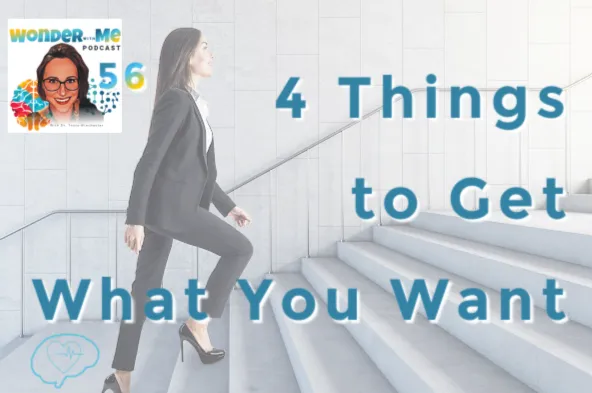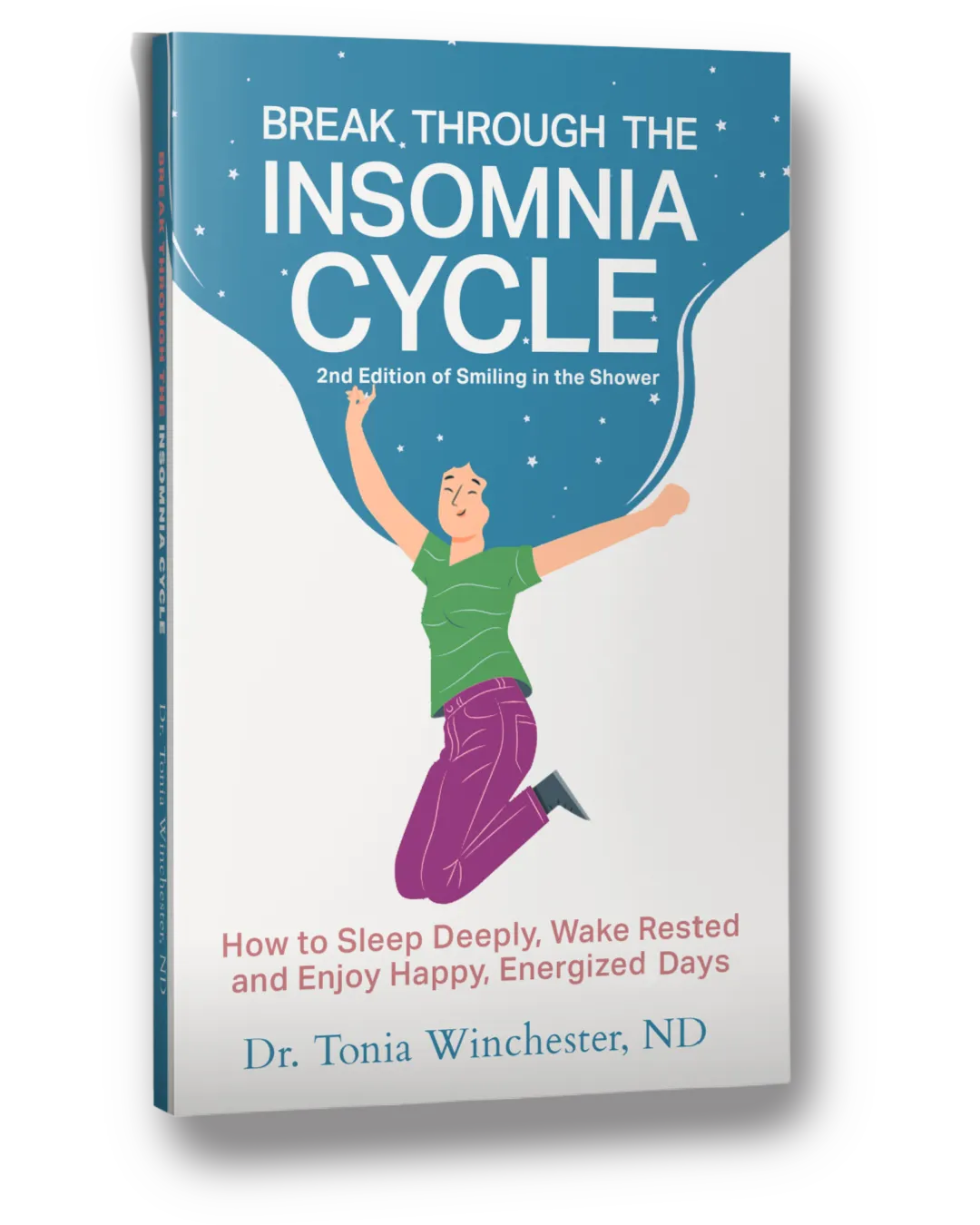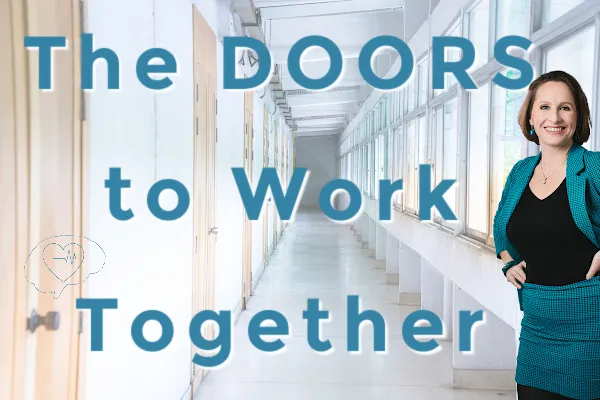GUEST Podcasts, Posts, Vids
for All things Mind-Body Healing
Tonia Winchester Coaching
Need Help? Call or text us at
(778) 743-1277
IN A MOOD TO BINGE?

Do These 4 Things To Get What You Want
"On the surface level, one could argue that they don't care about the diet or the program, so they say, 'I don't care, I'm just not going to exercise because I'm tired and I don't want to get sweaty.' But here's what you're actually not caring about: You're not caring about you. And you're not caring about your health." - Dr. Tonia Winchester
Having trouble creating new habits, whether it be stopping unhelpful or harmful ones, or building new, productive ones? You might be missing one of these 4 things.
DISCLAIMER: This podcast is for educational purposes only. It does not constitute a therapeutic relationship and is not in any way, shape, or form designed or intended to be therapeutic, clinical, or medical advice.
LISTEN IN HERE:
OR CLICK HERE TO LISTEN IN ON YOUR FAVOURITE PODCAST PLATFORM
PREFER TO READ?
If you'd prefer to read an approximate transcript scroll to the bottom of this post.
************************************************
LINKS/ SHOW NOTES:
FROM DR. TONIA
Episode #28 - Why Stress Makes Us Sick (an Episode about energy allocation)
Episode #39 - Doing Your Future Self All The Solids
Episode #57 - The Urgency of Now: Why Waiting Isn't an Option
POST: How To Talk To Your Loved Ones About Diet Changes
#58 - Pending 2025
FREE AUDIO: LISTENERS
FROM OTHERS:
BOOK: Atomic Habits by James Clear
************************************************
🧠💗💫Thanks for wondering with me today. If you got something good out of this then please forward this episode to people who you know could benefit.
Be sure to subscribe, and if you're really keen when you leave us a rating and review, that helps us help more people.
🙏Thank you in advance for that. If you're wanting more insights about how you can leverage the power of your unconscious mind to go back into healing mode head on over to toniawinchester.com where you can find my books: Break Through The Insomnia Cycle and Thinking Kindly and other helpful ideas.
👏Thanks again and we'll connect on the next episode of the Wonder With Me.
In the meantime may you choose to make all your dreams come true.
🧠💗💫 Dr. Tonia Winchester, ND, NLP
Naturopathic Doctor
Mind-Body Healing Coach
Author: Break Through The Insomnia Cycle
Author: Thinking Kindly
➕For more post and podcasts head to coach.toniawinchster.com/posts
🙋♀️What to get in touch? Leave me a voice message right here on Spotify. I love hearing from listeners!
🎵INTRO/OUTRO MUSIC: West My Friend
APPROXIMATE TRANSCRIPT

At some point, early in my 17 year career (so far) as a naturopathic doctor, I realized that I'm in the business of helping people change their habits.
Naturopathic medicine is a lifestyle medicine, and it works when we work it. Essentially when we change our daily habits our health can improve dramatically.
As a wholist, I'm not only interested in our physical health, but also our emotional, social, and mental health as well.
I’ve discovered 4 patterns, where people bump up against perceived barriers when they're trying to make positive changes for themselves. We’re going to cover those patterns and offer little tips to navigate those places where people tend to get stuck when it comes to changing habits.
Before we really dive in, you and I both know that changing habits is not sexy. Nobody wants to eat more broccoli just for the sake of eating more broccoli. Habits are the bridge that allow us to experience changes in our health and life. We make change our habits so that we can get different outcomes:
Less pain
Improved mobility
More ease… as examples.
Right, so, there's something in your health, life, or relationships that you want to be different. Simply you have to be and do things differently, so that you can have things differently and have different things. The rest of this post will focus on DOING things differently (versus being differently, aka changing things at the identity level, although this is paramount for changing habits as James Clear suggests in Atomic Habits).
PATTERN ONE: “I don’t care.”
Here’s a common scenario in my practice. I meet with a patient for the first visit, go through their health history, put together their plan. Inevitably, they come back to me and say, “I was doing really well. And then I had a really crappy day, (or I went to some event, or some external circumstance), and I just said, ‘Whatever, I don't care. I'm just going to eat the pizza or whatever.”
Or, “I don't care. I'm just going to have the pumpkin pie or whatever.”
Or, “I don't care. I'm just going to eat all of the advent chocolates on day one.”
Stop and think about it. When people say that they don’t care, I immediately wonder who or what are they not caring about? Are YOU not caring about?
On the surface level, one could argue that they don't care about the diet or the program, so they say, “I don't care, I'm just not going to exercise because I'm tired and I don't want to get sweaty.” (Whatever the excuses are).
But here's what you're actually not caring about:
You're not caring about you. And you're not caring about your health.
So the first thing you have to be willing to do is care about yourself. When you catch yourself saying, “I don’t care,” ask yourself, “Who and what am I not caring about?”
PATTERN TWO: “It’s hard.”
If you really want new results in your health or life, then you’ll need to make changes. Know that and go into these changes being willing to be uncomfortable.
Being willing to be uncomfortable will save you a lot of grief. This is because our unconscious minds are programmed to choose the path of least resistance, meaning your healing intelligence is going to prioritize that which is most neurologically practiced.
Take a second to take that in.
Your system chooses the thing that it's practiced and habituated over time. Why? Because it requires the least amount of energy. At any given moment, you have access to a finite amount of energy that your body has created. The patterns that your system has automated require less attention and energy. Those processes just run, on autopilot. More on this idea of energy allocation in this podcast / post: Why Stress Makes Us Sick.
Here’s an analogy. There's this 5 km walking trail around a lake where I live. It's a beautiful and popular walk. The path is 8-10 feet wide. It's well worn, mostly flat, and a very easy stroll because thousands of people have walked on it over and over again. It's well maintained by the park systems.
It backs onto a mountain and along the main path are several little deer trails that lead deep into the forest.
If you were to take one of those little deer trails, it would be a very different walking experience. It's mostly uphill, very narrow, and pokey. It might be dewy, have prickles, or even creatures. It would be uncomfortable.
Now, if you were to walk that path over and over again, (which is what we're doing when we're building new habits), two things would occur over time:
You would adapt to the trail - you’d get stronger and more agile
The trail would adapt to the wear - it would become more comfortable, wider, worn and easier to navigate.
When you're embarking on something new, expect it to be uncomfortable, because it will be. Go in knowing that it might feel like a drag at first. If you’re willing to be uncomfortable, you’ll make better, more sustainable progress over time. There will be hard days, and when they happen you can say, “Dang! This is hard, but that’s all good because I anticipated that at the outset.”
Being uncomfortable means you’re on the right path. It means you're doing a good job.
PATTERN THREE: “I don’t have the tolerance.”
This pattern is a complex one and warrants an entire episode (or more) which I’ll get to next year in season 3 of the Wonder With Me Podcast. For now, here’s a little story that brought this pattern back up to my attention.
I met with a new patient recently who is very proactive. She is the type of person I love working with. The Type of person who is already doing a good job taking care of themself and needs some fine-tuning, accountability, and perhaps some specific remedies.
While talking about different types of remedies, I suggested a tincture and said, “I can't guarantee that it's going to taste great. In fact, I probably can guarantee that it won't.”
She shook her head and said, “That's totally fine. I’m 100% okay with things that don't taste good if I know they're good for me.”
We bonded in that moment because that’s the same for me. I have a high tolerance for things that may not be a good immediate experience for current Tonia but that I know are going to be helpful to Future Tonia.
The thing we need to be able to do is increase our tolerance for what is good for us. The reason this idea of expanding our capacity for what’s good is a big topic is because often underlying us not having the capacity are faulty beliefs about our worthiness, value, or deservingness. GULP. YEP! More on this in the new year.
PATTERN FOUR: “I can’t say no,” (AKA poor boundaries).
***
You have to be willing to set boundaries because the people you interact with are going to be so concerned and so confused that you're making changes - especially the ones that are close to you!
And part of the reason why they get concerned and confused is because suddenly you're no longer behaving in the way that has been habituated in the relationship.
I have food sensitivities that I’m keen to avoid because I don't feel good when I eat them. Because health is my highest value, I bring my food with me to most places.
This triggers people. I don’t care if they're mad or offended (or confused or concerned). I’m choosing to honor my own well-being. So I set boundaries. I say, no, thank you.
Here is a set of scripts for you to practice setting your boundaries around your food and lifestyle habits:
How To Talk To Your Loved Ones About Diet Changes
All of these four patterns are linked together.
If you feel social pressure to eat a certain way or to behave a certain way, then you might be more likely to throw up your hands and say, “I don’t care, I’m just going to eat grandma’s pie.”
And if you lack the internal value of being worth taking care of yourself then you’ll be more susceptible to these social pressures and be less willing to be uncomfortable to change.
So when embarking upon a new benefit-driven habit go through the check list:
Am I willing to:
Care about myself
Be uncomfortable
Expand my capacity for what’s good
Set boundaries?
And if you say no to one of those things perhaps pick a different habit where you will be willing to do all of those things, because if you don’t have the willingness in these four areas, you’ll be hard pressed to be successful at your new habit, and will delay the result you’re wanting. You’ll be setting yourself up for big disappointment.
And it’s okay if there is a no. It just means that your values aren’t aligned to having that thing… yet (PS… this is something I can help with). For now you can question, “What is the value that’s more important here?”
Maybe a more important value is finding connection, camaraderie, and sharing experiences. You could dig a bit deeper and get curious as to why that's more important than your own well-being?
These are thought experiments and no “right” answer!
Those are the four common patterns I see when it comes to people changing their lifestyle habits. And if you're having problems with any of those patterns, I can help.
Using helpful mind-body healing tools, we can SHIFT these underlying patterns that are blocking you from putting your new habits into practice.
I love facilitating change from the inside out, Breaking Through these old patterns, LIFTing our neurology so that we're primed to successfully create new habits that enable us to reach our goals..

I help every day folks
release the painful imprint of the past, Shift their perspectives, create healthy habits so they can Enjoy exceptional lives!
My clients are people stuck in their health or lives with burnout, insomnia , anxiety, or stress. After working with me they can calm their minds, sleep deeply, and find joy and energy again - all with out talk therapy or medications.
FOR SUPPORT ISSUES OR QUESTIONS, PLEASE EMAIL: vitality@toniawinchester.com
Copyright @2022 - 2025 Tonia Winchester · All Rights Reserved
This site is not a part of the Facebook website or Facebook Inc. Additionally, this site is NOT endorsed by Facebook in any way. FACEBOOK is a trademark of FACEBOOK, Inc.







